
Blog
India-Pakistan Tensions Flare Up Again: Dozens killed

A new war has broken out. In early May 2025, India and Pakistan found themselves locked in another dangerous escalation, following a brutal terrorist attack in the Indian-controlled region of Kashmir. A suicide bombing on April 22 killed 26 people, mostly Hindu tourists. The attack was claimed by The Resistance Front (TRF), a group believed to be linked to Pakistan-based militant networks like Lashkar-e-Taiba.
India responded by launching a series of missile strikes, dubbed “Operation Sindoor,” on May 6–7. The strikes targeted what India called militant training camps near the Line of Control (LoC) and in Pakistani-administered Kashmir. India described the operation as a “precise and non-escalatory” response to terrorism.
Pakistan, however, labeled the attack an “act of war” and reported civilian casualties, warning of retaliation. The situation remains tense, with both countries increasing military readiness.
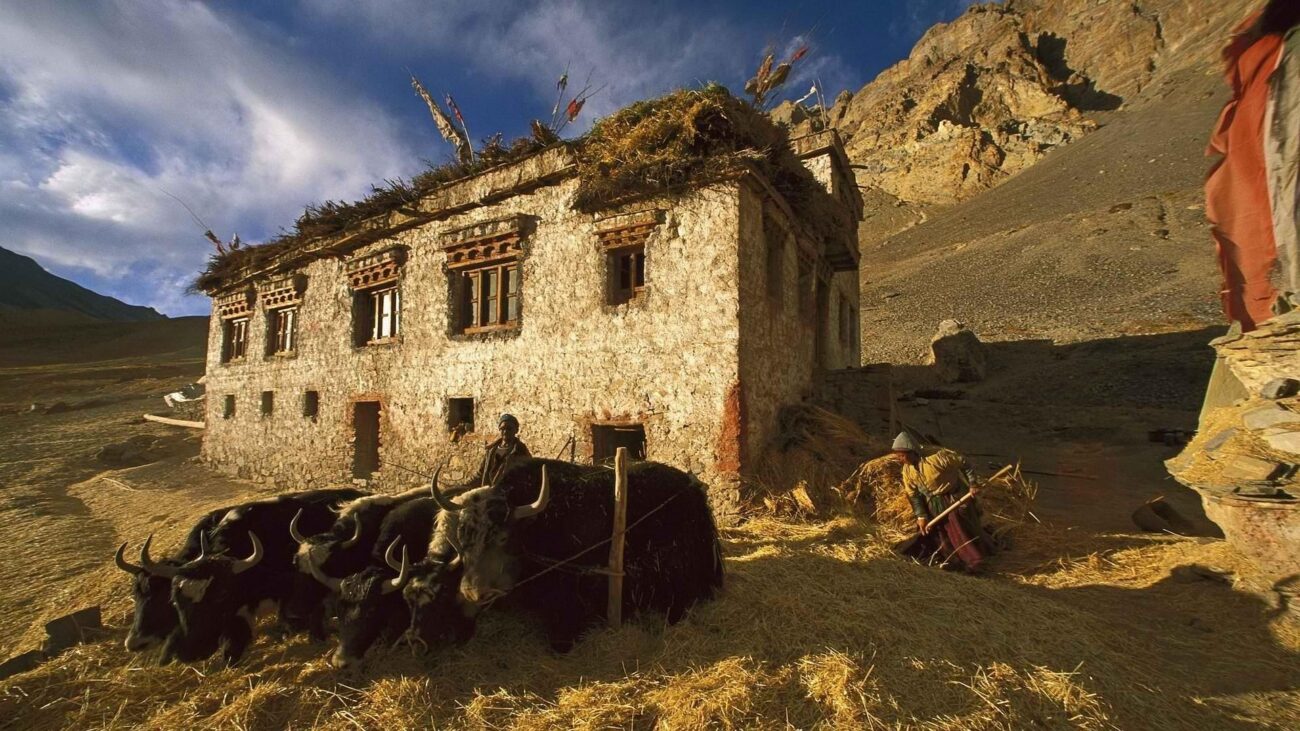
The Roots of a Long-standing Rivalry
This region has been plagued by conflict for decades. But what has kept the tension going for so long? To understand this latest conflict, we need to revisit the history of India and Pakistan, which began with their partition in 1947. When the British left, they divided the subcontinent into two nations based on religion — Hindu-majority India and Muslim-majority Pakistan.
Kashmir became the focal point of dispute. Though its population was mostly Muslim, its Hindu ruler chose to join India. Pakistan saw this as unjust and sent militias to claim the region, sparking the first India-Pakistan war.
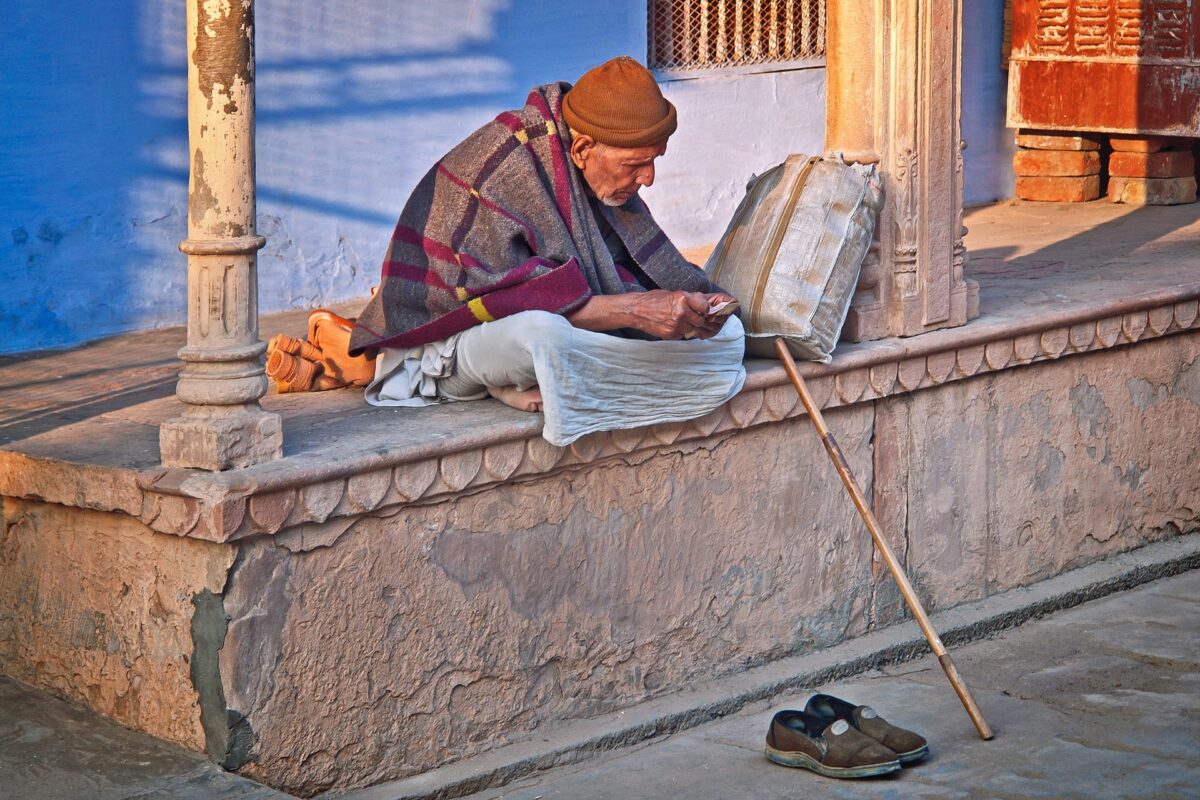
The Disputed Territory of Kashmir
Today, both India and Pakistan hold pieces of Kashmir — but each claims the entire land as its own. The region is split by the Line of Control, a fragile boundary that has never truly resolved anything. It is a scar that runs through mountains and hearts alike. Decades have passed, yet the pain lingers — marked by wars in 1965, 1971, and 1999, and countless smaller clashes in between.
For Pakistan, Kashmir is more than territory. It represents the unfinished story of Partition — a promise of a homeland for Muslims, never fully kept. It is a matter of faith, identity, and national pride. For India, Kashmir is a symbol of unity in diversity — the belief that people of all religions, languages, and cultures can live together under one flag. Giving it up would mean surrendering a piece of that vision.
This is not just a geopolitical dispute. It is a battle over history, identity, and the very soul of two nations.
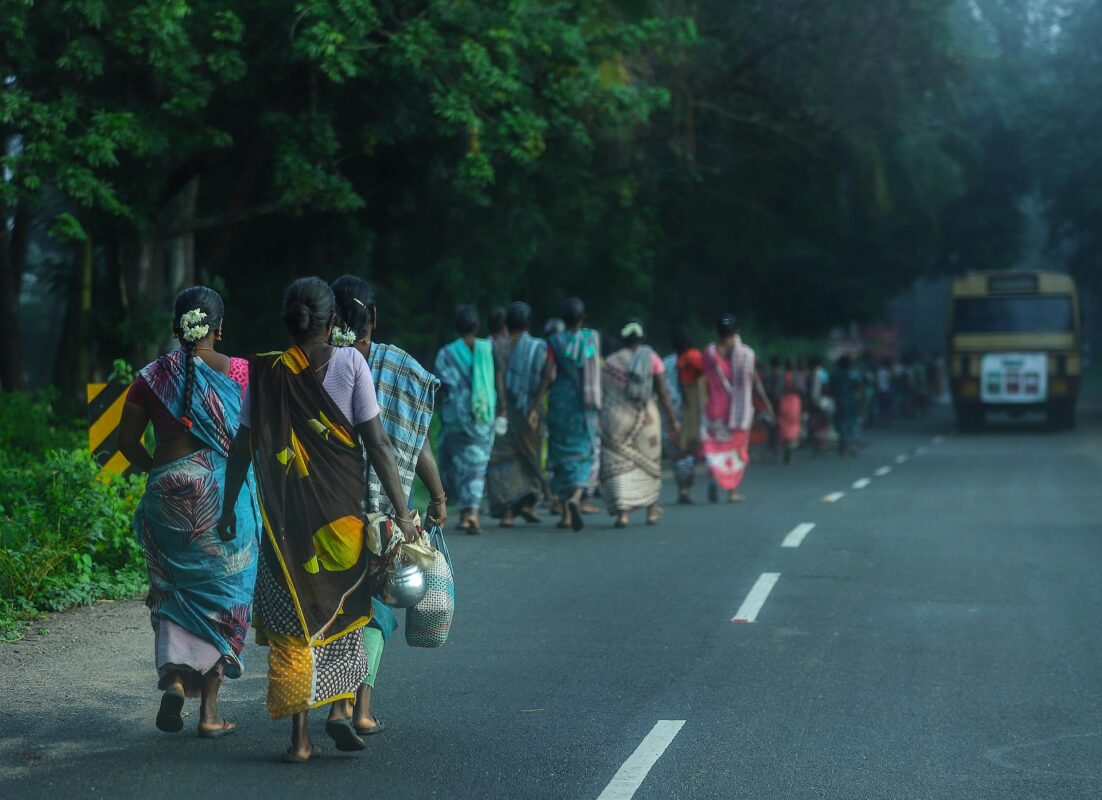
The Religious and Political Divide
The rivalry is about more than territory — it’s also about ideology. India prides itself on being a secular state with diverse religious communities, including over 200 million Muslims. Pakistan was formed as a homeland for Muslims, leading to a built-in sense of ideological separation and suspicion.
This divide has deepened over the decades, making reconciliation difficult.
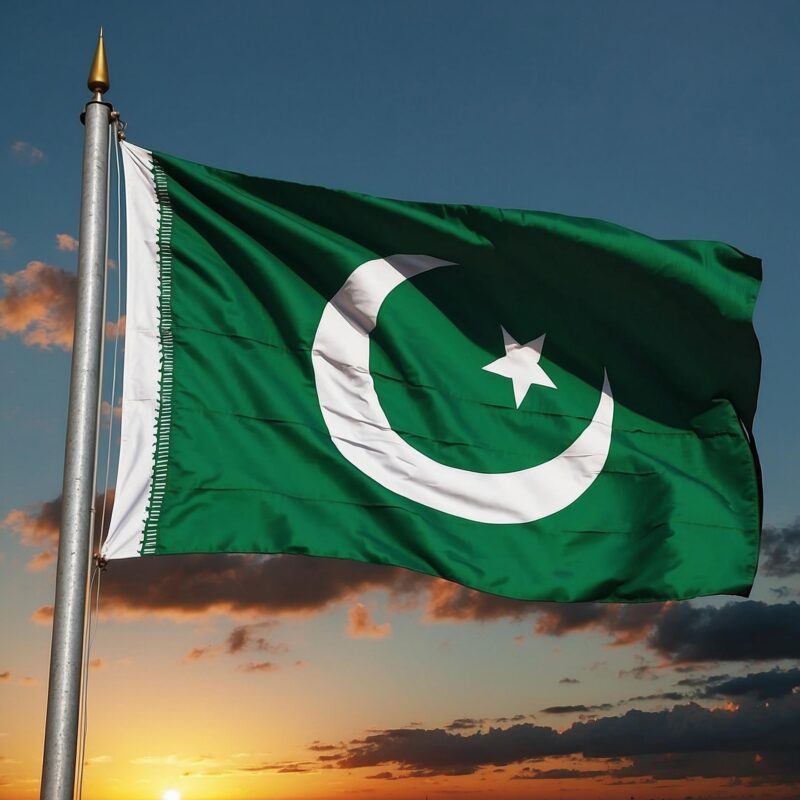
The Role of Terrorism and Proxy Warfare
India has long accused Pakistan of supporting terrorist groups that carry out attacks in Kashmir and across India. The recent terrorist attack in Kashmir is also being claimed as an act linked to Pakistan’s involvement, with India asserting that the Pakistani government is behind the escalation of violence in the region.
Pakistan claims that it supports the “freedom struggle” of Kashmiris and denies direct involvement in terrorism. However, many international observers, including the UN, have found links between Pakistani intelligence services and militant groups. Events like the 2001 Indian Parliament attack and the 2008 Mumbai attacks are infamous examples of this.
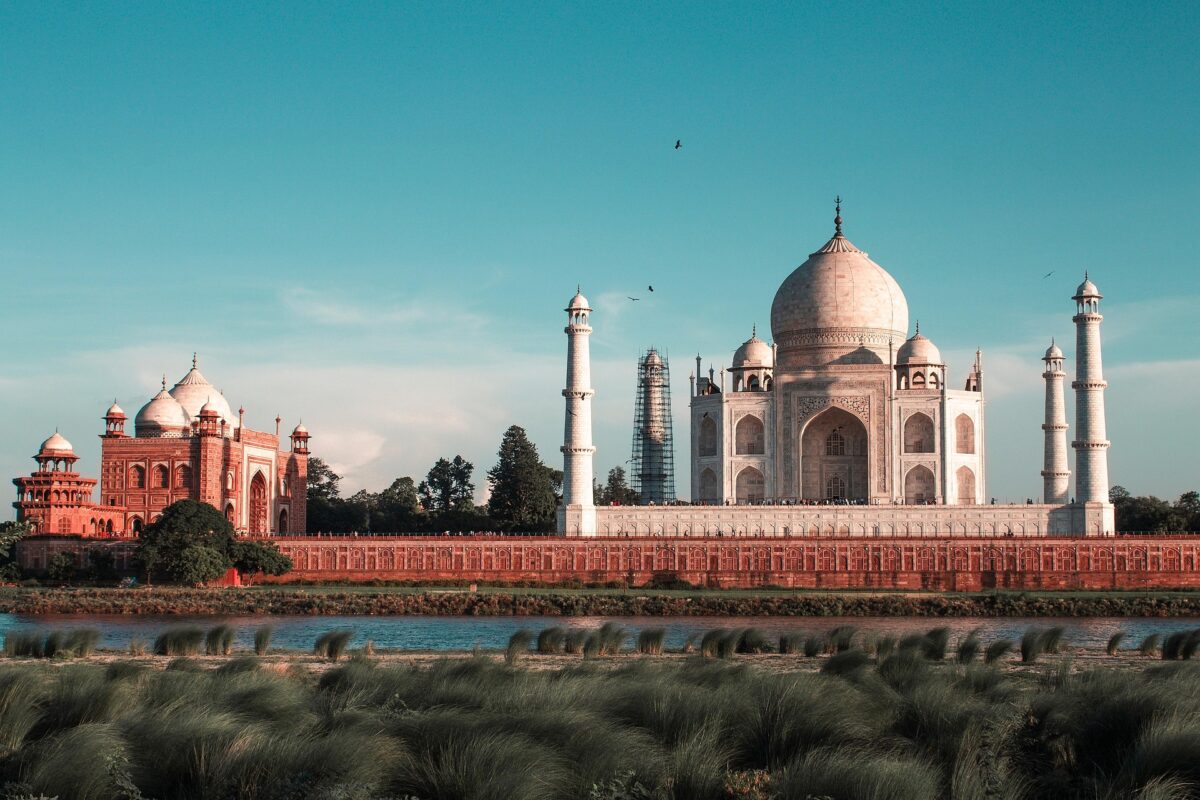
Why This Matters to the World
Such casualty numbers and the displacement of civilians are unacceptable. The loss of innocent lives due to war and terrorism is meaningless, and the reality that civilians lose their lives and homes daily is an inhumane tragedy. Witnessing the tragic consequences of prolonged conflicts like the Kashmir dispute reinforces the importance of peace and dialogue. War brings no true victors, only the suffering of innocent lives. No matter the reason, civilians should never be caught in the crossfire, families torn apart, and people forced to flee their homes. This situation must never be repeated. It is a powerful reminder that peace must always be the ultimate goal.
Conclusion
Wars like these, particularly in regions already vulnerable to the impacts of climate change, only exacerbate the suffering of countless people, including refugees. The number of those affected continues to grow, and we must ask ourselves: what can we do to help?
Did you know that there are projects in India that are contributing to climate change mitigation? These companies are creating carbon credits, which can be purchased and supported by businesses or individuals like you. By purchasing and supporting these credits, you can help promote further contributions to the fight against climate change.
Now is the time to take action. Let’s come together and help save those suffering as refugees by supporting efforts to combat climate change!
